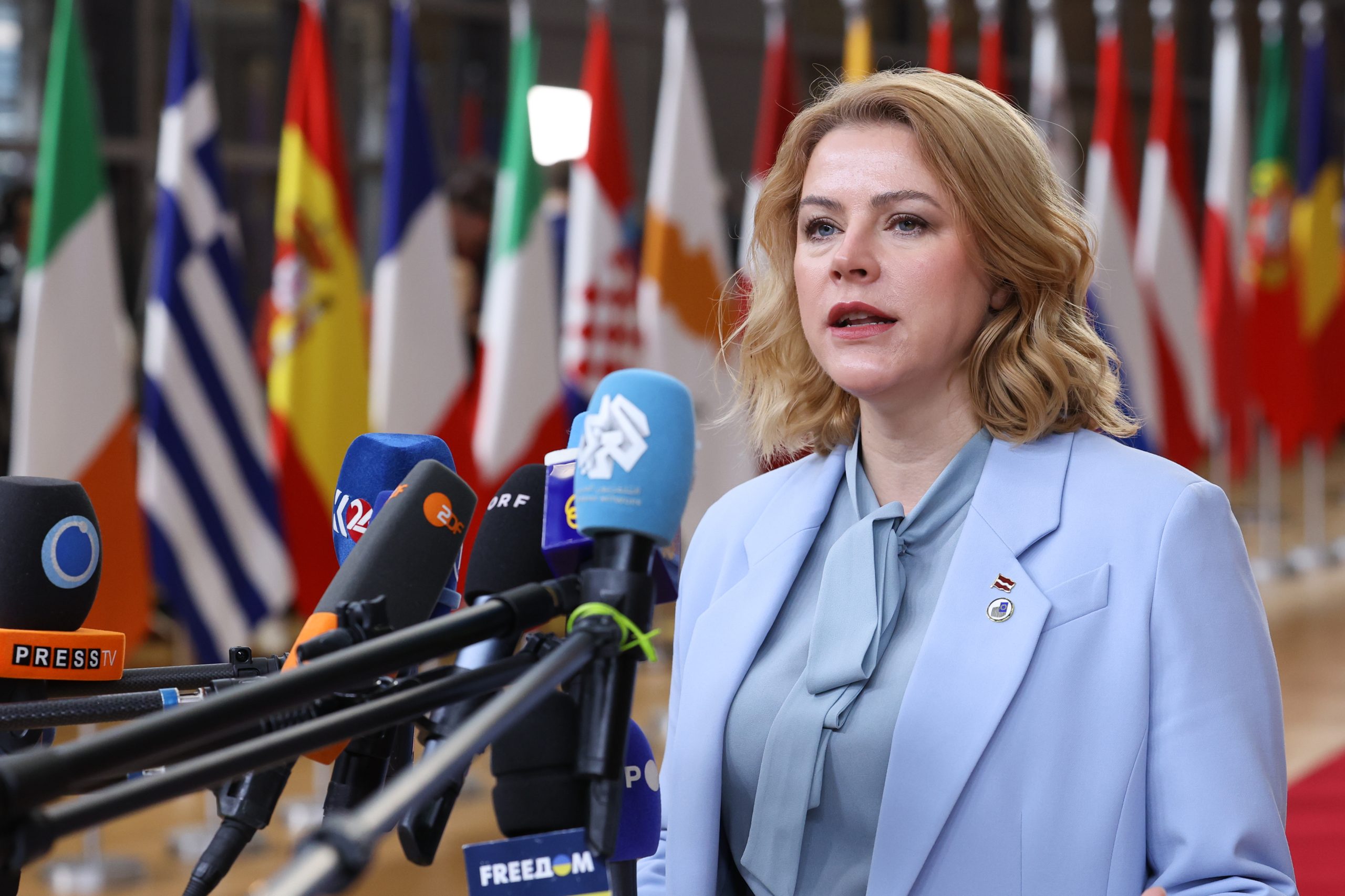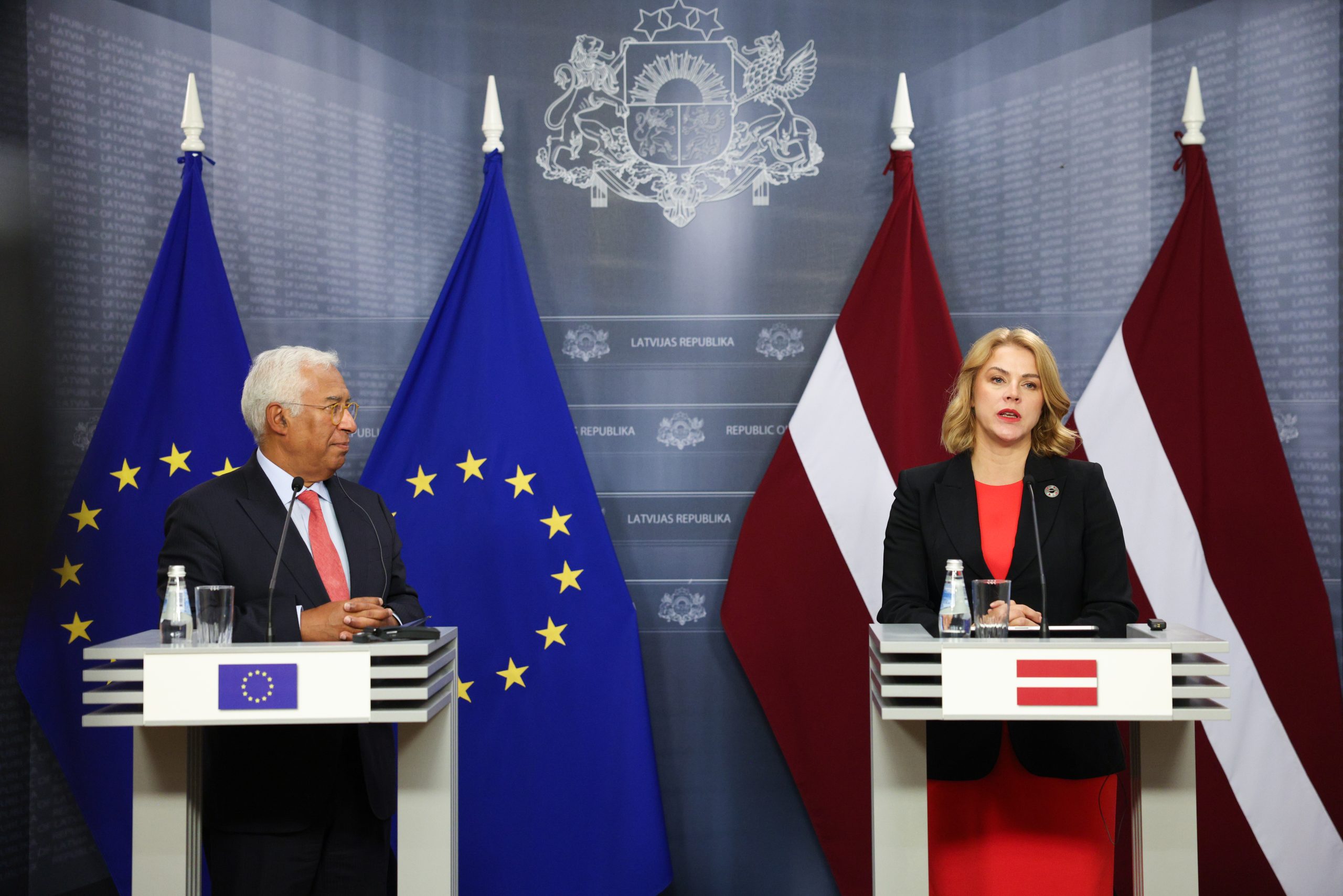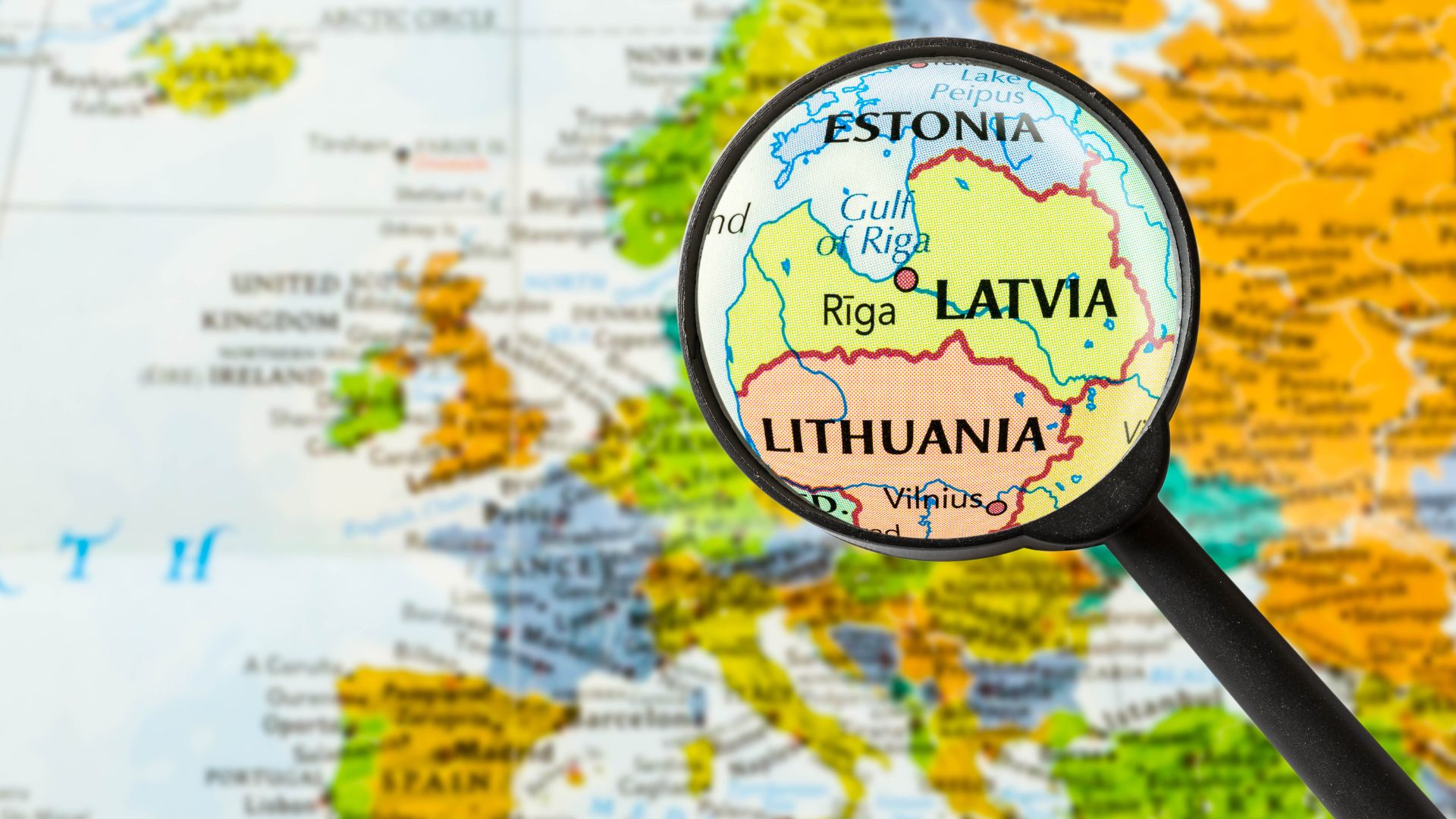Latvia has become the centre of an intense political and societal confrontation over women’s rights, international commitments, and the influence of anti-gender movements. In late October 2025, the Latvian Parliament narrowly voted to begin the process of withdrawing from the Istanbul Convention, the Council of Europe’s most comprehensive treaty on preventing and combating violence against women. The move immediately sparked national outrage, international concern, and a constitutional clash that has left the country’s future relationship with the Convention uncertain.
A Deeply Divisive Parliamentary Decision
The vote on 30 October 2025 followed more than thirteen hours of heated debate. Fifty-six deputies supported withdrawal, thirty-two opposed it, and two abstained. The initiative was driven by conservative and nationalist parties, who argued that the Convention’s definition of gender as a socially constructed role promotes an unacceptable ideological agenda. They claimed that Latvia’s existing laws already address domestic violence and that the Convention is redundant or intrusive. These arguments mirrored broader cultural and political tensions that have intensified in recent years, with gender norms becoming a key battleground in Latvian politics.
Opponents, including civil society organisations, legal experts, and many members of the governing coalition, stressed that such claims misrepresent the Convention’s aims. The treaty does not redefine biological sex or impose changes to family structures; rather, it obliges states to prevent violence, protect victims, and prosecute perpetrators. Critics warned that withdrawal would undermine women’s safety, damage Latvia’s international credibility, and distance the country from European human-rights standards. The timing of the decision drew further scrutiny, as it came just days before a planned evaluation visit from GREVIO, the Convention’s independent monitoring body.




